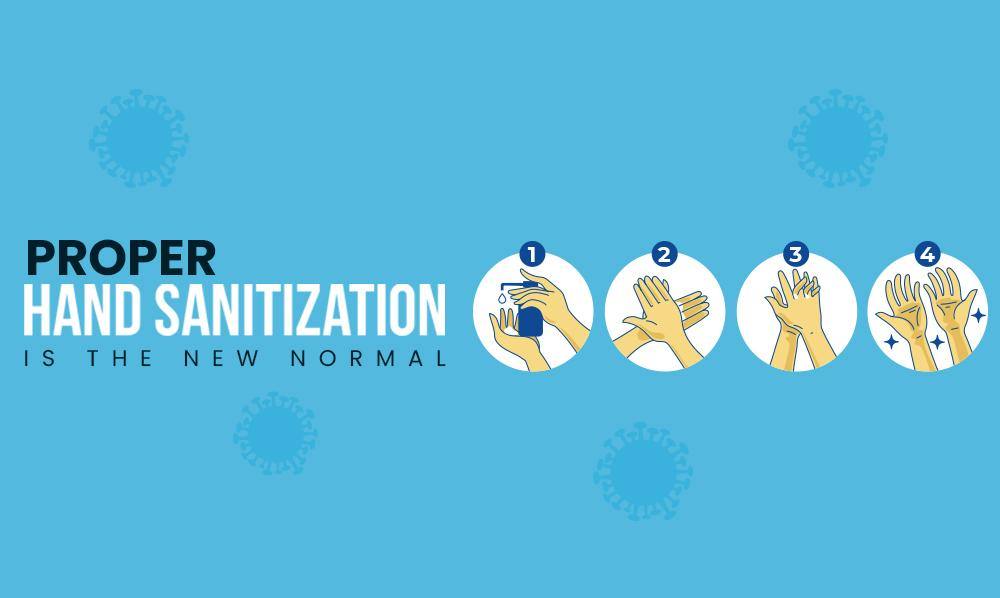
How much alcohol should hand sanitizers have
2020 witnessed new norms for personal hygiene
We as human beings always adapt to the changes, whether big or small. Our way of living and working keeps on changing as the situations demand. The year 2020 was yet another example of it. Who would have thought we would be seeking sanitization in every bit of life. In the recent past, we have tried and tested every means to find preventive measures for the coronavirus spread. One such measure is hand sanitization. So when talking about personal hygiene, hand sanitization has become an integral part of our daily life or habits.
Are hand sanitizers necessary when we talk of hand sanitization

When talking of hand sanitization, soap and water have been the priority. Still, alcohol-based hand sanitizers have been the next preference if soap and water are not readily available. The percentage of alcohol matters a lot when we talk about the effectiveness of hand sanitizers.
The Centers for Disease Control and Prevention recommends using a sanitizer with at least 60% alcohol content. Choosing hand sanitizers with at least 60% alcohol (that proves to be a strong disinfectant in medical terms) can stop the spread of disease-causing germs. The usage of these alcohol-based hand sanitizers has to be done properly. So, ensure that you apply them by rubbing the gel over on the entirety of your hands and keep doing it until it’s dry.
What makes alcohol-based hand sanitizers so unique

Alcohol is the preferred ingredient in hand sanitizers because of its use as a strong disinfectant for ages. Alcohol acts as a poison to the germs that could multiply and spread rapidly. Alcohol is a special content in the entire composition because of the action it takes on the surface of the bacteria. It fights unwanted germs through the process of denaturation.
In medical terms, the presence of alcohol denatures the proteins in the bacteria and destroys it eventually. In other words, these alcohol-based hand sanitizers change the chemical composition of the germs and make them inactive before they could spread from the exterior surfaces to other internal parts of your body.
Choose and use your hand sanitizers wisely and stop the spread of diseases
Hand sanitization is now a global practice. It has its norms covering the public spaces in various ways and means. With the pandemic affecting our lives, the focus of the world has shifted towards maintaining hygiene. This led the isopropyl alcohol to form the basis of a comprehensive hand sanitization process. While choosing their alcohol-based sanitizers wisely, more and more people who are often in public places opted to pick a few bottles of these hand sanitizers to keep themselves protected.
Alcohol-based hand sanitizers come in different shapes and sizes. So to make the right choice, opt for hand sanitizers with an alcohol concentration of at least 60% (often listed on the label as ethanol, ethyl alcohol, isopropanol, or 2-propanol). Only the right choice wouldn't do if you don’t apply it to your hands correctly. When using alcohol-based sanitizers, keep these as your checklist:
- Rub the sanitizing gel in and out, including the surface of your hands and especially the fingers, keep rubbing until it dries up.
- Remember not to apply the sanitizers anywhere near your eyes as they are susceptible to minor or major burns.
- Small children can be prone to the dangers of these alcohol-based hand sanitizing gels, and so they should be kept away from them.
- Please keep children under strict supervision and guide them thoroughly regarding the precautions needed before and after applying these alcohol-based hand sanitizers.
- You might want to add something in here that pertains to people who are allergic to ethyl alcohol on the skin. some sort of advice to seek a dermatologist first to know which ones to use or lookout for the labels if it is hypoallergenic or something.
- Alcohol-based hand sanitizers can disrupt the natural pH and external protection of the skin, which can lead to an allergic reaction. If you are unsure what percentage of alcohol in a sanitizer, you should use, consult a dermatologist first before purchasing one.

Leave a comment